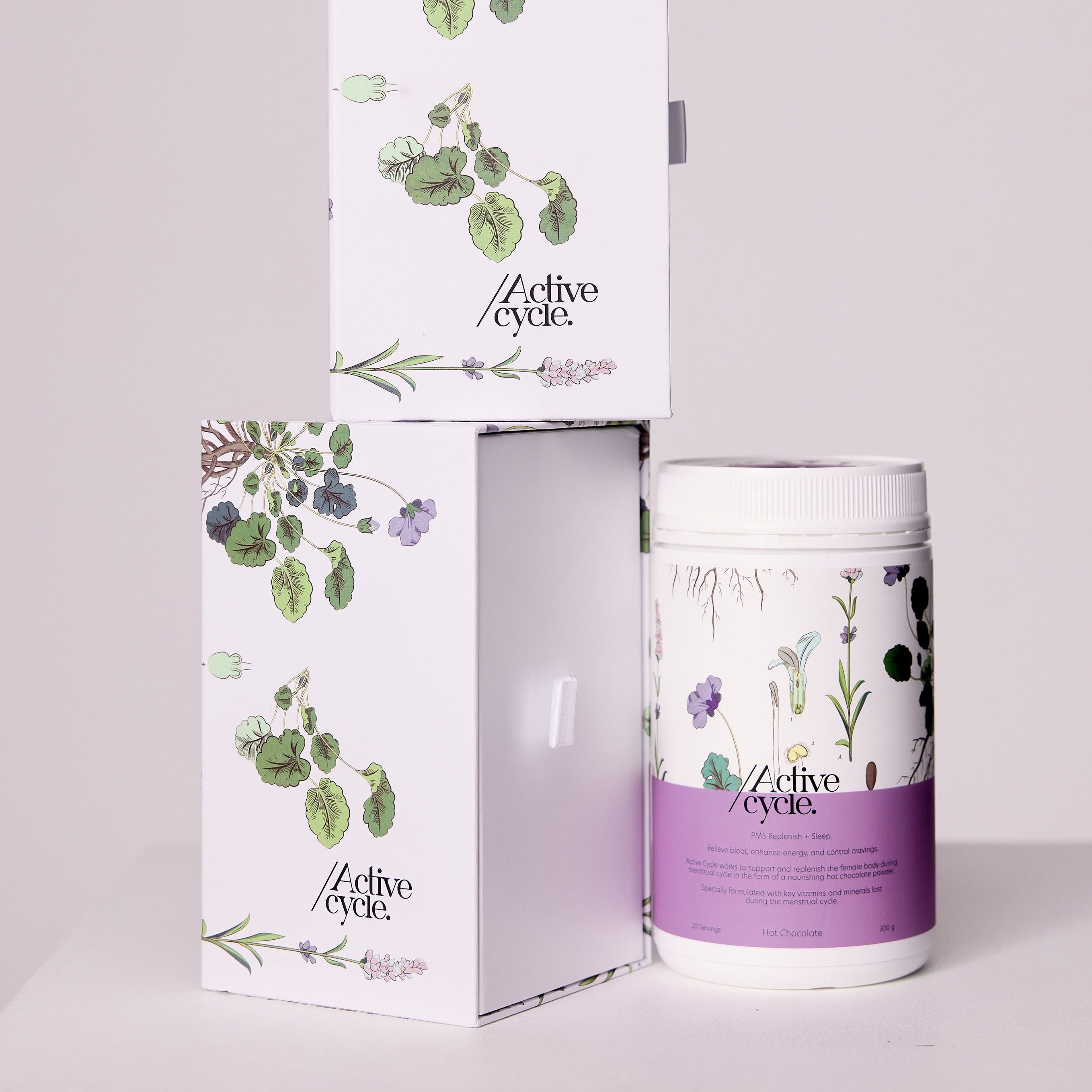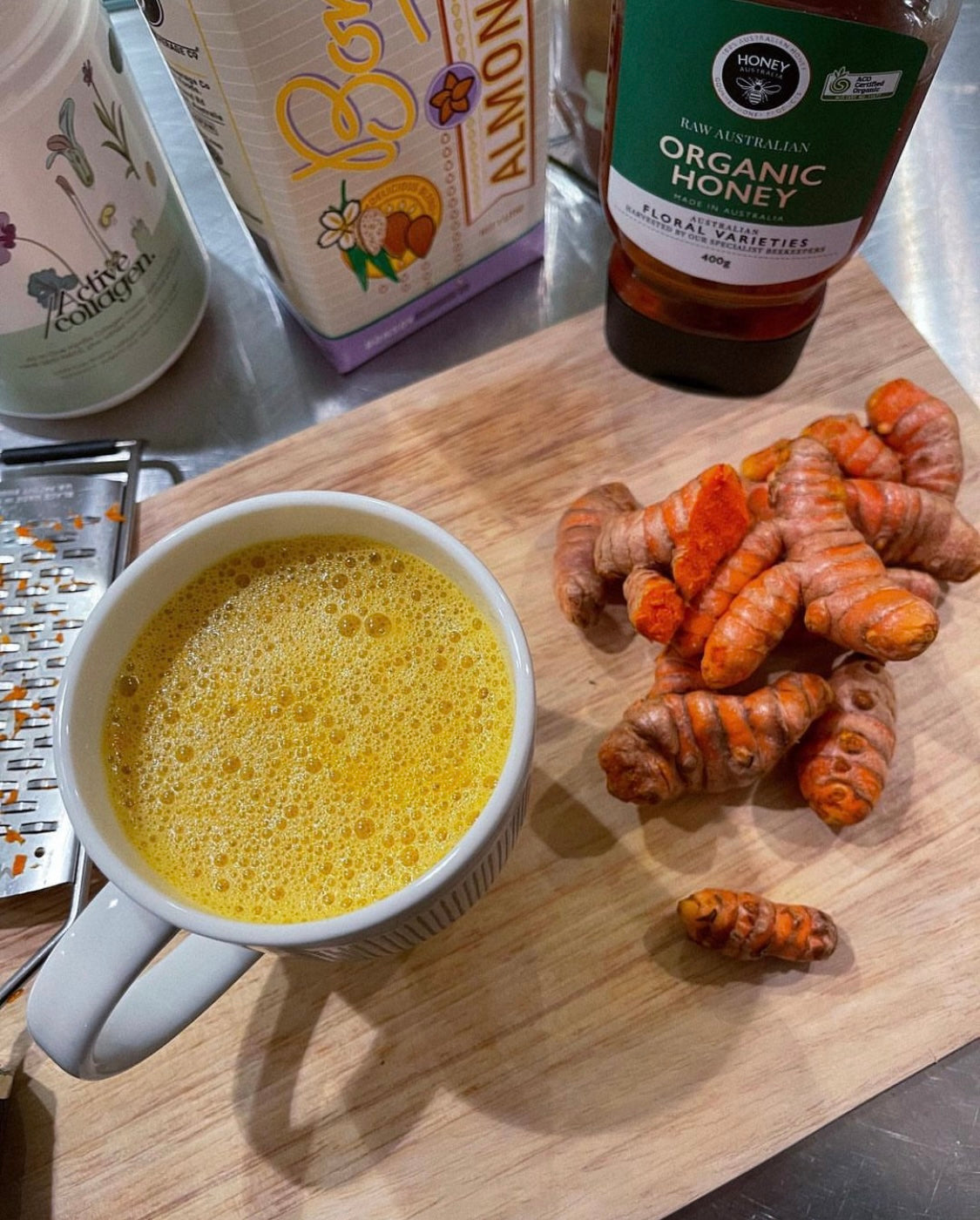Female hormones are fussy little things. Like Goldilocks, they too like everything to be just right. And boy don’t we know it when our hormones are a bit out of whack! Getting the foundations right is your best bet when working towards balancing your hormones.
Like anything, balancing hormones won’t just happen overnight. Unfortunately, there are a few common habits that may be overwhelming your hormones without you even realising their impacts. Though the fortunate thing is that these are habits which can be busted – with a little help from motivation and consistency of course.
What are these habits you say? You’ve come to the right place. Read on as we explain what habits you may need to consider shaking for balancing your hormones.
Low Carb Diets
Keto, Low-Carb Paleo, High Fat…. Where does it stop?! The problem with restricting carbohydrates from the diet is that this has a negative impact on both the drivers of hormones such as our HPA-axis, and the hormones themselves.
Female bodies need carbohydrates. When our bodies aren’t receiving enough nutrients, such as the glucose from carbohydrates (our bodies main source of energy) this presents as a form of stress. It may not ‘feel’ stressful, but it has major negative impacts. Although the body has other ways of converting other nutrients into energy – fats into glucose or gluconeogenesis for example – these are longer processes and let’s face it unsustainable for the optimal functioning of the body.
The body’s main responsive mechanism when exposed to a form of stress or potential ‘threat’ – in this case not receiving sufficient energy or nutrients – is to release stress hormones. At first, the HPA (hypothalamic pituitary adrenal) axis is activated to send signals to the adrenal gland. These signals communicate to the adrenals that the body is under threat, and we need particular hormones to help us survive during this stress exposure. The particular hormone in humans is cortisol, often referred to as our fight or flight hormone.
In a normal day the body will naturally release cortisol at balanced levels. However, if stress is a constant factor then cortisol levels will remain high turning what normally is an acute or short period of stress into a chronic or prolonged issue. Which our hormones simply won’t have.
You may even experience fatigue and cravings as your body tries to balance energy and blood sugar. Instead of restriction, pair wholefood sources of carbs like starchy vegetables, brown rice or sourdough bread with a source of protein and fat to help stabilise your blood sugar, and make your body feel safe.
Skipping or Replacing Meals with Coffee
Okay we hear you. There’s something about the ritual of a coffee – or maybe two - in the morning that seems to kick the day into gear rather nicely. But there are a few factors to consider before falling victim to the coffee-for-breakfast train.
One, coffee or caffeine is a stimulant. It works to increase the cortisol and adrenaline in our blood giving us a hit of energy, which in turn also increases our blood pressure. The negative effect of this increase in cortisol is that cortisol is already highest upon waking, giving us a natural get-up-and-go effect. So, when we add extra cortisol on top of this the stress response is heightened.
Two, skipping meals is not ideal for female hormones. Not only is it a missed opportunity to nourish our bodies with the fuel it needs to thrive, but research has also shown that skipping meals (most significantly breakfast) can interfere with ovarian and uterine functions. This is due to the insufficient energy coming in and prolonged periods of time between meals (fasting) disrupting HPA-axis function. Disruption to the HPA-axis has known effects on menstrual cycle health such as causing missing periods (amenorrhea) or irregular periods.
The best way to combat the negative effects of caffeine, and still enjoy your morning cuppa, is to eat a balanced breakfast before or whilst drinking your coffee. This will slow the metabolism of caffeine and prevent the sudden spikes in cortisol. Better yet, you can even add a form of protein like Active Collagen to your coffee for extra beneficial metabolic effects.
Overdoing High Intensity Exercise
Are you a culprit for doing HIIT 5 days a week? Although participating in high intensity exercise is beneficial, like anything you can have too much of a good thing.
You guessed it, overdoing high intensity exercise like running or HIIT is a major stressor on the body. In terms of its impacts on female hormones, the stressful effects from overexercising are known to cause menstrual disruptions like luteal phase defects (not ovulating) and amenorrhea. This is due to the body not feeling safe as it’s in a state of prolonged stress and essentially disregarding the priority for reproduction.
If this sounds familiar it may be time to dial down your exercise regime. Opting for more lower impact forms of exercise like walking, pilates and yoga regularly can help bring down your body’s stress levels and regulate our finicky HPA-axis.
Plastic Use
Using plastic in the form of plastic water bottles, containers or chopping boards can mess with your hormones. Plastic contains bisphenol A (BPA), a form of endocrine disrupting chemical (EDCs) or xenoestrogen, which is ingested through the use of plastic around food especially during exposure to heat. EDCs imitate naturally occurring hormones in the body, such as oestrogens, which interfere with normal hormone balance and function.
Unlike phytoestrogens that occur naturally within plants, xenoestrogens are synthetic chemicals. When hormones such as oestrogens are mimicked within the female body from xenoestrogens this can cause high oestrogen levels – known as oestrogen dominance – which has negative consequences. These effects being raising the risk of oestrogenic cancers like breast cancer and increasing PMS in menstruating women.
It's fair to say that it might be time you threw out that plastic water bottle and invest in the stainless steel or glass kind. Other ways to combat EDCs from food is to always reheat meals in glass or ceramic vessels and start hanging onto those glass jars for storing goods in the pantry.
Breaking a habit is tricky and overwhelming. Start small and change one thing at a time. The real question is, which habit will be the hardest to break?
Ryan, K. K., Packard, A. E. B., Larson, K. R., Stout, J., Fourman, S. M., Thompson, A. M. K., Ludwick, K., Habegger, K. M., Stemmer, K., Itoh, N., Perez-Tilve, D., Tschöp, M. H., Seeley, R. J., & Ulrich-Lai, Y. M. (2018). Dietary Manipulations That Induce Ketosis Activate the HPA Axis in Male Rats and Mice: A Potential Role for Fibroblast Growth Factor-21. Endocrinology, 159(1), 400–413. https://doi.org/10.1210/en.2017-00486
Colombarolli, M. S., de Oliveira, J., & Cordás, T. A. (2022). Craving for carbs: food craving and disordered eating in low-carb dieters and its association with intermittent fasting. Eating and weight disorders : EWD, 27(8), 3109–3117. https://doi.org/10.1007/s40519-022-01437-z
Lovallo, W. R., Whitsett, T. L., al'Absi, M., Sung, B. H., Vincent, A. S., & Wilson, M. F. (2005). Caffeine stimulation of cortisol secretion across the waking hours in relation to caffeine intake levels. Psychosomatic medicine, 67(5), 734–739. https://doi.org/10.1097/01.psy.0000181270.20036.06
Fujiwara, T., Ono, M., Iizuka, T., Sekizuka-Kagami, N., Maida, Y., Adachi, Y., Fujiwara, H., & Yoshikawa, H. (2020). Breakfast Skipping in Female College Students Is a Potential and Preventable Predictor of Gynecologic Disorders at Health Service Centers. Diagnostics (Basel, Switzerland), 10(7), 476. https://doi.org/10.3390/diagnostics10070476
Roberts, R. E., Farahani, L., Webber, L., & Jayasena, C. (2020). Current understanding of hypothalamic amenorrhoea. Therapeutic advances in endocrinology and metabolism, 11, 2042018820945854. https://doi.org/10.1177/2042018820945854
Wang, L. H., Chen, L. R., & Chen, K. H. (2021). In Vitro and Vivo Identification, Metabolism and Action of Xenoestrogens: An Overview. International journal of molecular sciences, 22(8), 4013. https://doi.org/10.3390/ijms22084013




